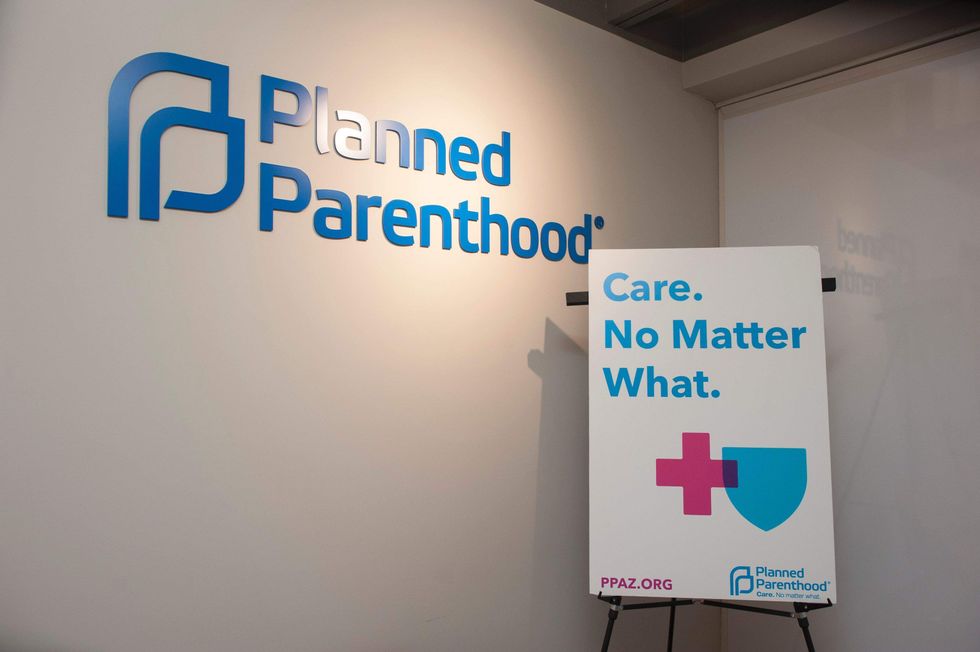
A Planned Parenthood lawsuit has resulted in an Indiana pro-life law being ruled unconstitutional. (Laura Segall/AFP/Getty Images)

Planned Parenthood has successfully blocked an Indiana law that would have made abortions solely on the basis of race, gender or disability illegal, after a federal judge struck down the law as unconstitutional Friday.
Planned Parenthood of Indiana and Kentucky and the American Civil Liberties Union sued to block the law shortly after it was signed by then-Gov. Mike Pence.
Notably, Planned Parenthood acknowledged that it has and will continue to provide abortions solely on the basis of Down syndrome, or even the possibility of a diagnosis, even though abortions for that reason are likely to increase over time due to a greater availability of testing.
You can read the full text here. Some key points below:
Here is the full decision. In summary, the court ruled that the Indiana law violates the 14th Amendment to the U.S. Constitution; specifically, it violates privacy rights under the Due Process clause in that amendment.
The court also ruled that the mandates in the law run contrary to the precedent set by Roe v. Wade granting women the ultimate decision-making power over whether to get an abortion.
Indiana Attorney General Curtis Hill said he intends to appeal the court's decision.
"This state has a compelling interest in protecting the dignity of the unborn and in ensuring they are not selected for termination simply because they lack preferred physical characteristics," Hill said.